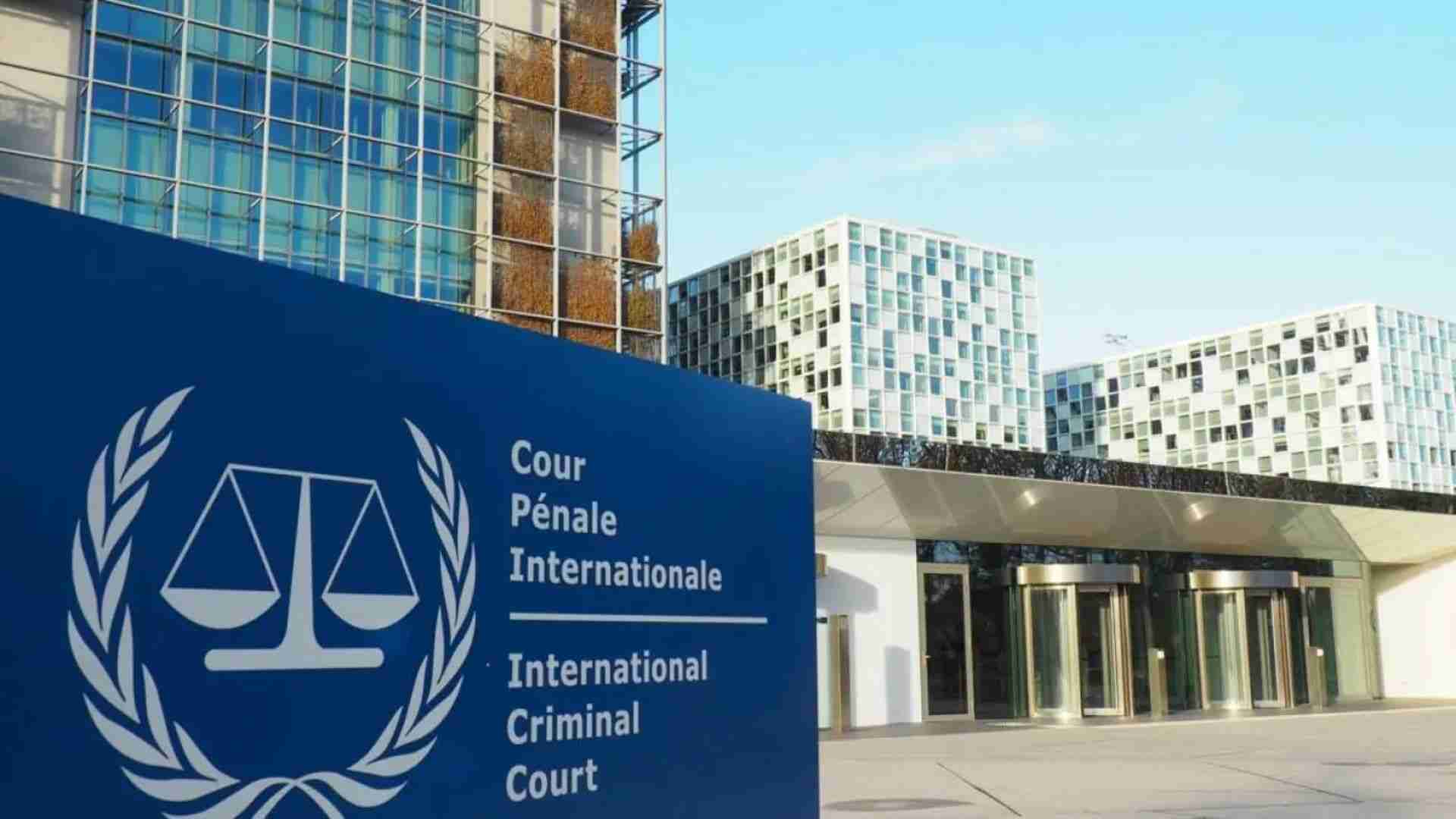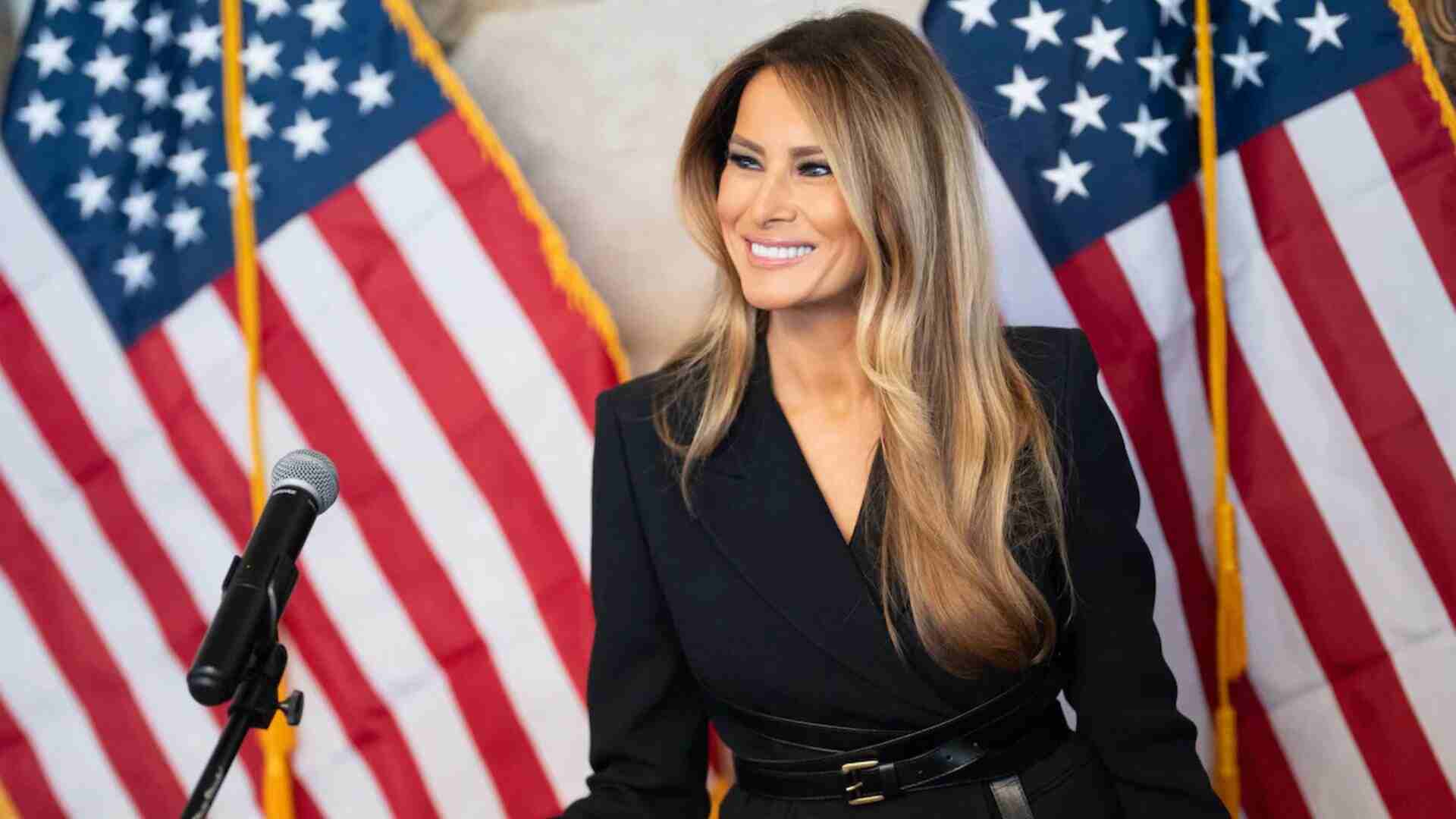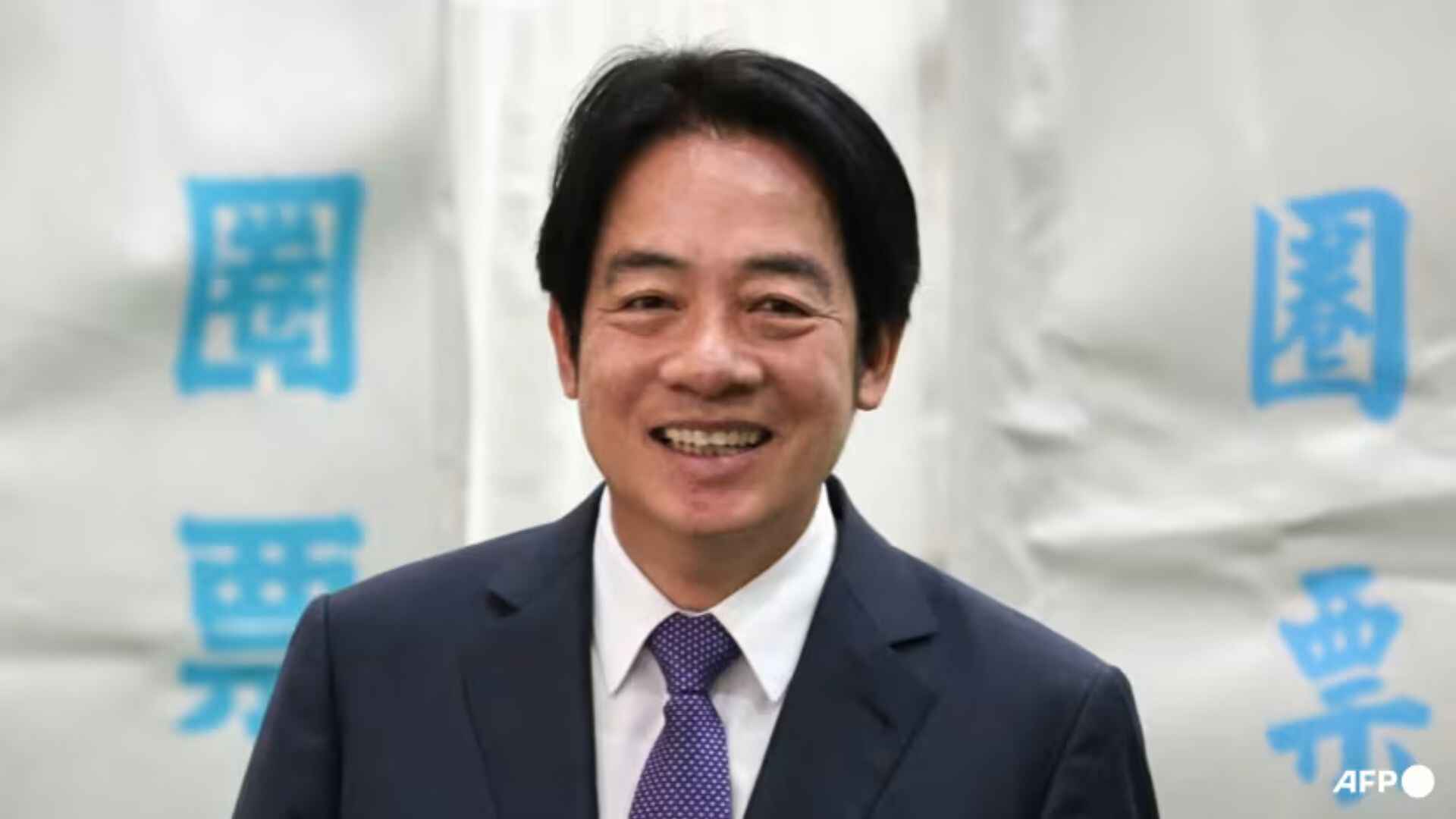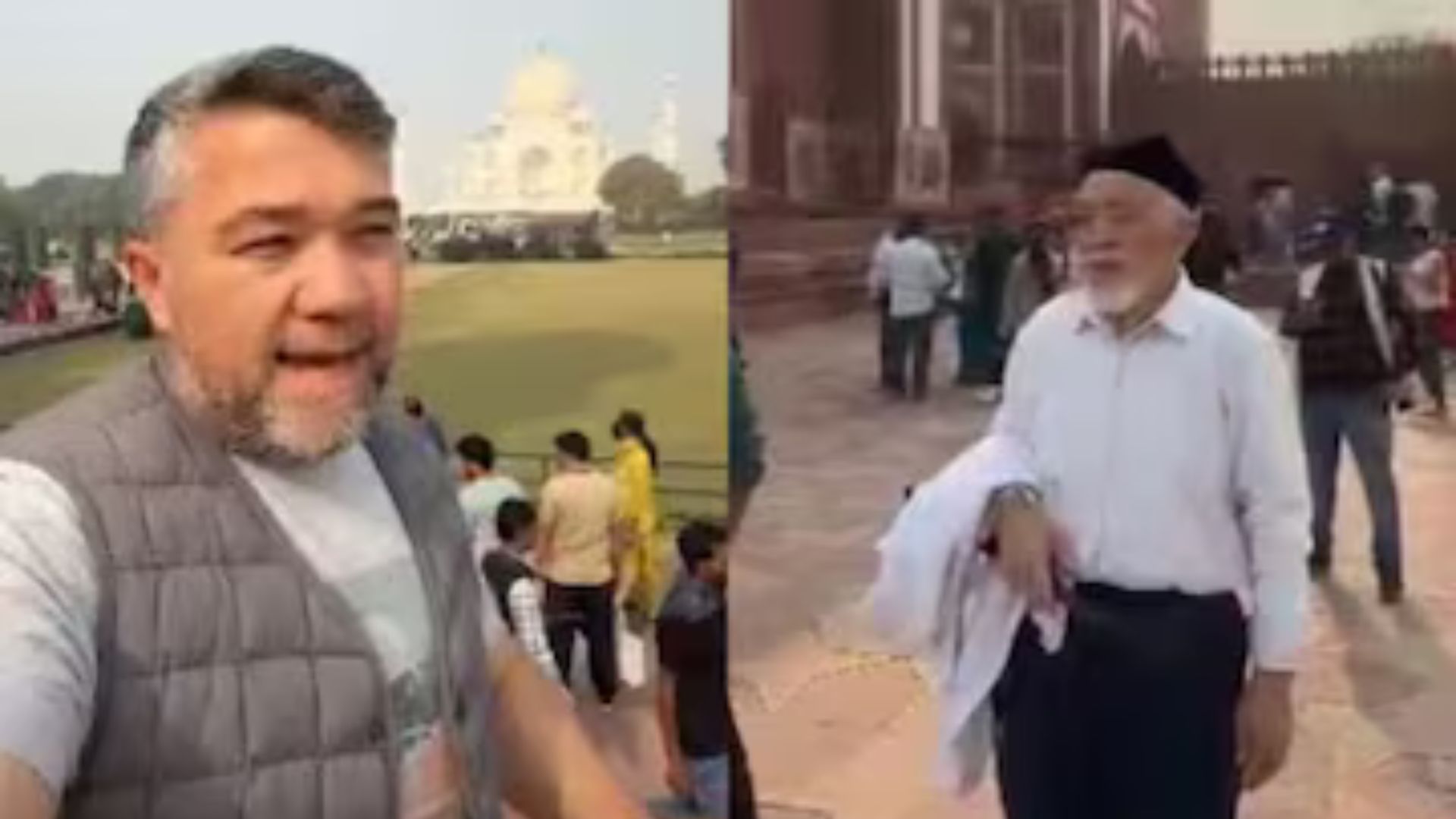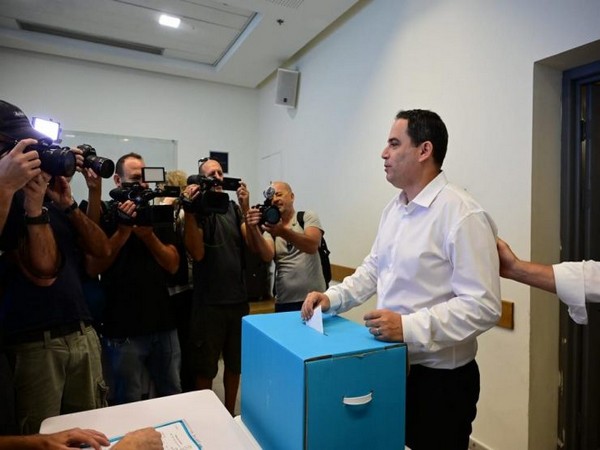
Attorney Amit Becher won the election for leadership of the Israel Bar Association on Wednesday night, dealing a blow to the Israeli government’s judicial reform effort.
Becher, an outspoken critic of the government’s judicial programme, has been the interim chairman of the Bar Association since March and will now retain the position permanently.
He defeated former chairman Efi Nave by a considerable majority, 73% to 20%. The remaining 7% was shared between two additional contenders. The significance of the outcome on the Judicial Selection Committee, which is in charge of evaluating and approving judges at all levels of Israel’s civil court system, dominated the campaign.
Around 60% of the Israeli Bar Association’s 77,000 active, dues-paying members voted. Previous votes only received roughly 30% of the membership’s support.
The Judicial Selection Committee had become a major area of contention in the coalition’s judicial reform negotiations. The government’s reform plan calls for the two Bar Association representatives on the Judicial Selection Committee to be removed.
The committee of nine members is led by two Cabinet members, one of whom is the Justice Minister. The committee is made up of three Supreme Court justices, two Knesset members, and two Bar Association members. Traditionally, the two Knesset seats have been split between the ruling coalition and the opposition.
According to reformists, the three Supreme Court judges on the committee, who are appointed by the president, have de facto veto power over appointments since they have the automatic support of the two Bar Association representatives, giving them a five-vote bloc on the nine-member body.


